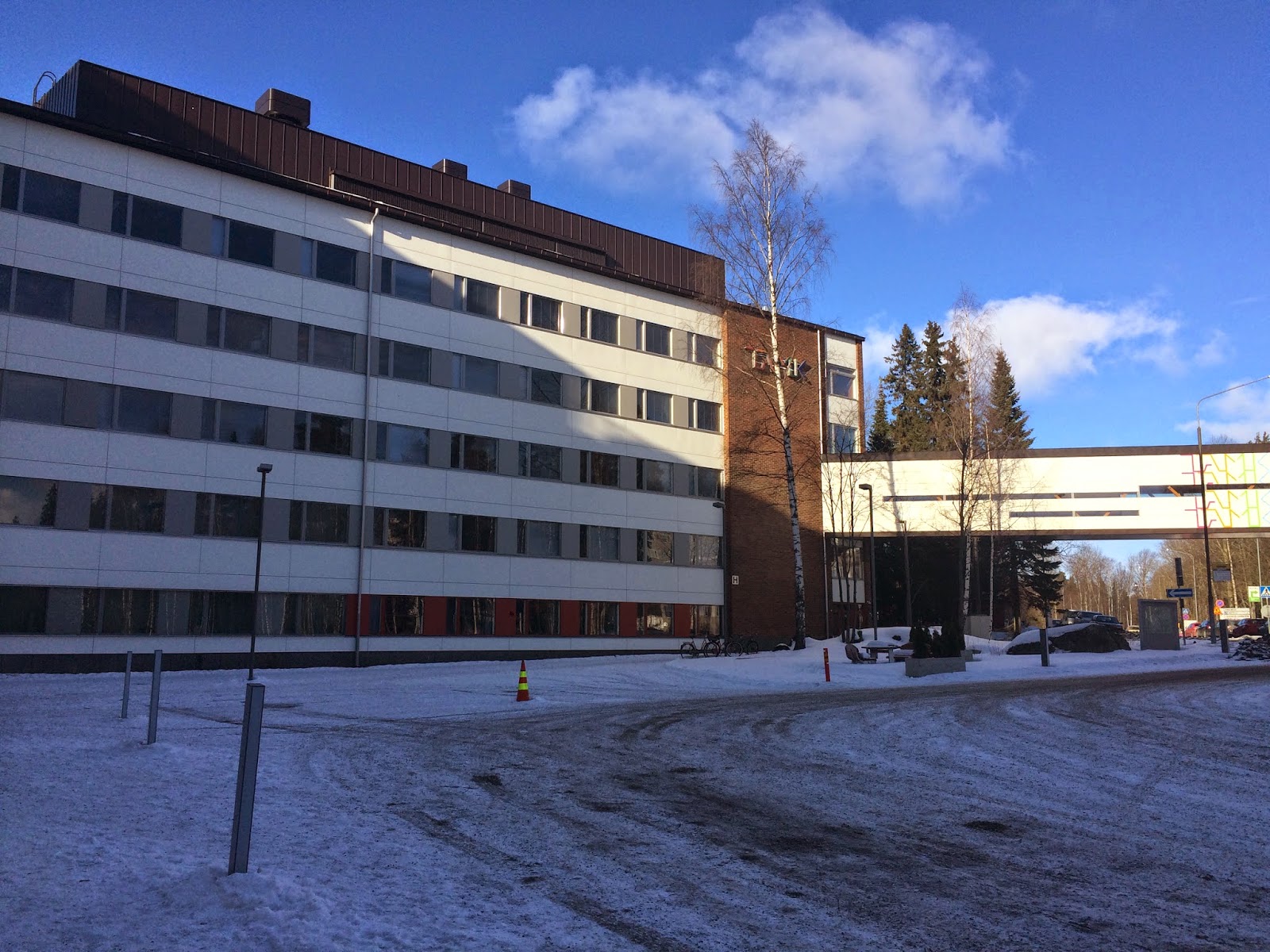Theoretical foundations in Finnish education- social constructivism
The models of learning emphasize which students are not passive recipients of knowledge need the participate in the learning process, showing the characteristics: learners construct understanding; new learning depends on current understand; learning is facilitated by social interaction and the mean of the learning occurs within authentic learning tasks.
Think about it, the pedagogical practices used in my institute din't do at students. Normally the contends were constructed addressing only technical aspects.
The pedagogical practices must be explored and made transparent. The focus for the construction of understanding need centered in student. The teachers can giving more space and opportunities for the student.
During the class, Irma Kunnari, I know more about the strategy of learning. We need to teach knowledge or content in context with the tasks and activities the students are understanding. our students respond well to real word problems. our delivery of knowledge should scaffolding the learning process and provide a foundation for activities.
Active learning strategies are also simply more interesting, for the instructor and for the students. Some kinds can be done with relatively little preparation; others require more careful logistical preparation. To use active learning techniques effectively, think through the learning objectives you want the students to reach, and pick a goal-appropriate activity.
What the benefits of the student centered methods?
- Students' self-efficacy beliefs;
-Students' metacognitive skills- and the ownership of their own learning;
- students'self determination and feelings of competence, autonomy and relatedness.
I think which teachers can empower students by making sure the work students do is meaningful and important. Authentic assignments empower students. And finally, teachers need to talk about how beliefs affect behavior. Student beliefs about what they can and can’t learn powerfully influence what they do and don’t learn.
 Students' empowerment
Students' empowerment
How I could apply student-centered approach in my work in future?
- The learner or student is the primary focus of instruction.
- Interaction and "doing" are of primary importance
- Working in groups is an important mode of learning.
- Structured approaches to developing solutions to real-world problems should be incorporated into learning.
 A little different from the Brazilian culture, mainly from southern Brazil culture, dinner is done in the presence and with the participation of all. Each guest performs a task for the realization of the dish, the dish chosen for dinner is traditional winter of Finland, I had never experienced mushrooms, potatoes were baked in the oven, an interesting detail is that they were grown by Seija in her private property in the greenhouse. In addition to the potatoes and mushrooms dish was composed of various other ingredients, a mix of sour cream, onion, garlic, apple and spices.
A little different from the Brazilian culture, mainly from southern Brazil culture, dinner is done in the presence and with the participation of all. Each guest performs a task for the realization of the dish, the dish chosen for dinner is traditional winter of Finland, I had never experienced mushrooms, potatoes were baked in the oven, an interesting detail is that they were grown by Seija in her private property in the greenhouse. In addition to the potatoes and mushrooms dish was composed of various other ingredients, a mix of sour cream, onion, garlic, apple and spices.



































